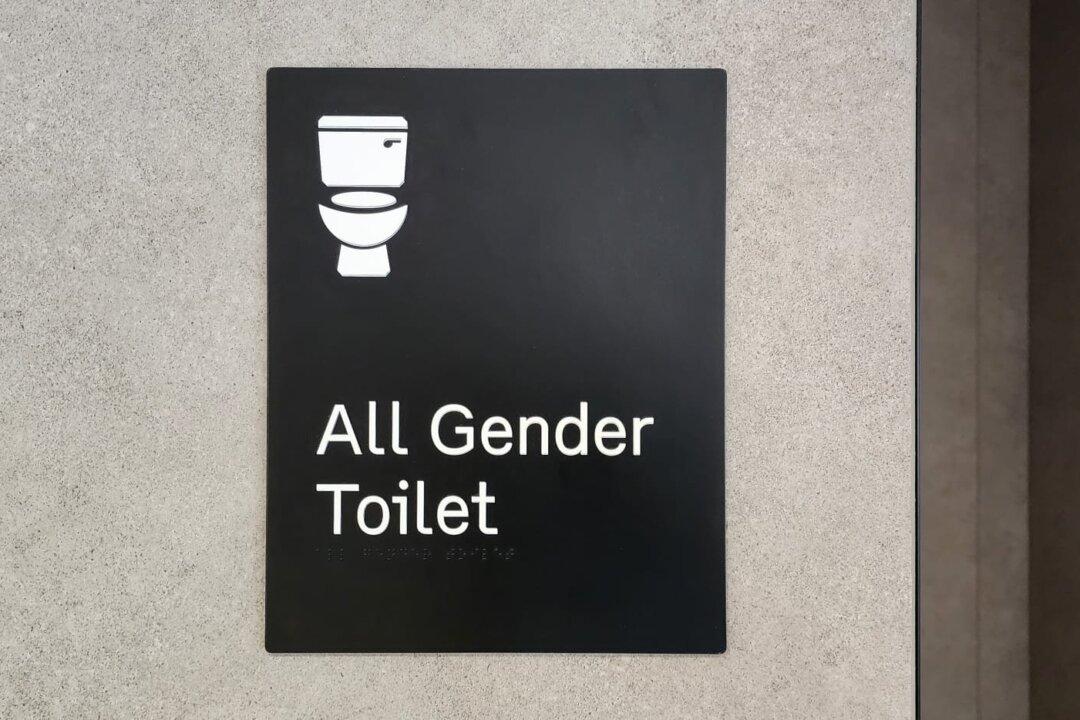Labor’s Minister for Women Katy Gallagher has defended the decision to block a proposed bill from One Nation that reinstates the traditional definition of “man” and “woman” into the country’s law—saying debate could cause “harm” to young people.
On Sept. 17, One Nation Senator Pauline Hanson raised the issue of her Sex Discrimination Amendment (Acknowledging Biological Reality) Bill 2024, which was voted down last week at the first reading stage by Labor, the Greens, and independent Senator David Pocock.





